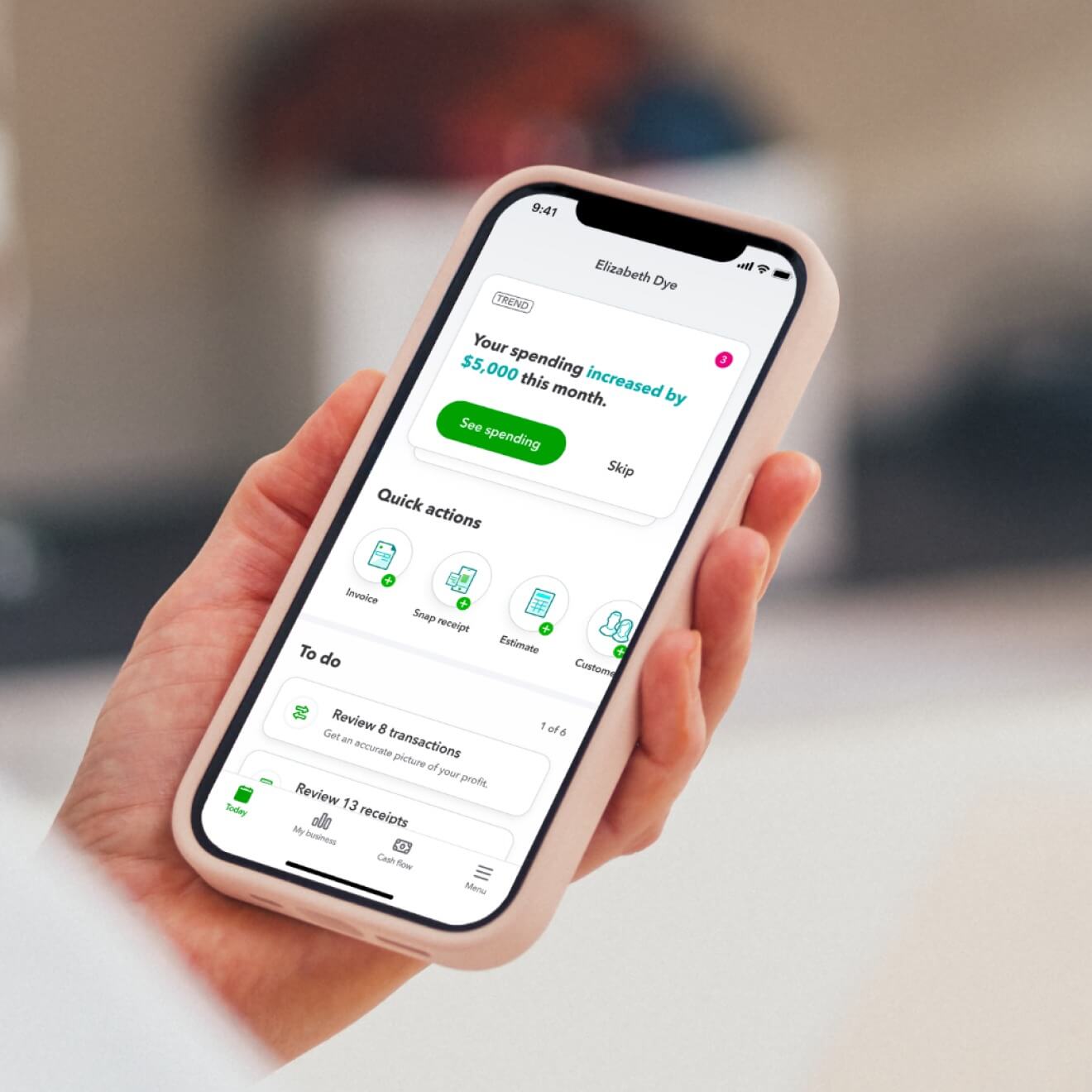Your business needs an app if it enhances customer engagement or offers unique value. Consider your target audience’s mobile usage and your competition’s digital presence.
In today’s digital era, a mobile app can be a game-changer for businesses aiming to connect with customers on-the-go. With the widespread use of smartphones, providing a seamless user experience through an app can significantly boost your brand’s accessibility and visibility.
As the marketplace grows ever more competitive, an app can set you apart, offering convenience and a direct channel to your audience. It’s essential to evaluate your business goals, customer behaviors, and the nature of your products or services to determine the necessity of an app. Crafting a strategy that aligns with your business objectives will anchor your decision in creating an app that truly serves your mission and encourages consumer loyalty.
The Surge Of Mobile Usage
Smartphone usage has skyrocketed, changing how we connect and do business. Global mobile penetration is soaring, with vast majorities owning a smartphone. Users are not just connecting; they are shopping, learning, and engaging with apps daily.
Statistics highlight this shift, showing a considerable increase in time spent on mobile devices. Businesses must recognize this change to stay relevant and meet consumer needs. A mobile app can provide value, streamline processes, and enhance customer experience. Given the data, investing in a mobile application could be vital for growth and customer retention.
Mobile Apps Versus Mobile Websites
Mobile apps often provide better user experiences than mobile websites. App interfaces are typically more smooth and user-friendly, tailored for the device. This leads to easier navigation and a more pleasing interaction.
On the other hand, mobile websites might appear less consistent across different devices. Their performance can get affected by various screen sizes and browser capabilities. Yet, websites are accessible to all users with internet access and do not require downloading.
Apps can run faster as they leverage the device’s processing power. They can also offer features like push notifications and offline access to content. Unlike apps, websites need a live internet connection to be fully functional. This can limit access in areas with poor connectivity.
Assessing Business Needs
Understanding the specific needs of your customers is crucial. Business goals drive the necessity of an app. Gone are the days when having a website was enough. An intuitive app can boost engagement and sales.
Knowing who buys your products or services helps in app design.
Detailed customer profiles ensure features align with user expectations. Apps can serve various functions: from selling products to providing customer support.
| Business Objective | App Function |
|---|---|
| Boost Sales | Shop and Checkout Features |
| Improve Customer Service | In-App Messaging |
| Increase Engagement | Loyalty Program Integrations |
| Gather Insights | User Feedback Surveys |
Each app feature should serve a clear purpose. A random list of features will not satisfy users or meet business needs.

Credit: skift.com
The Business Benefits Of Mobile Apps
Mobile apps boost customer engagement significantly. They offer quick access to products and services. Users interact directly with businesses. This direct line raises customer satisfaction.
Customized experiences are possible with apps. They recognize the user’s preferences. Apps enhance the display of relevant products. Personalization strengthens the brand connection.
Apps gather valuable user data. This data is vital for understanding customer behaviors. Analytics derived from this data inform business decisions. They improve marketing strategies.
Costs And Considerations
Deciding on developing a business app involves weighing initial and ongoing costs. The development phase can be expensive. This includes designing, programming, and testing. After launch, consider updating and bug fixing expenses.
The app’s complexity and functionality affect both development and maintenance costs. Native apps, built specifically for a platform like iOS or Android, tend to be pricier. Cross-platform apps might reduce costs but can limit functionality.
An app’s return on investment (ROI) should not be overlooked. Analyze potential increases in customer engagement and sales. Determine if the app will significantly boost customer service or product accessibility. ROI can be direct through sales or indirect, via brand loyalty and market presence.
Alternatives To A Full-scale App
For many businesses, launching a full-scale mobile app can feel daunting. Costs and maintenance are high. Yet, customers crave instant access to services. Progressive Web Apps (PWAs) offer a goldmine of opportunity. They work on any device and take up less space. Engage users with push notifications, just like a native app. Plus, they’re less costly.
Exploring third-party platforms and services is another option. Use existing marketplaces or social media to connect with customers. No need to start from scratch; these platforms are user-friendly and often reduce overhead costs. They simplify transactions and can increase online visibility. Think Etsy for crafters or UberEats for restaurants. Both are potent tools for customer engagement.
Success Stories And Cautionary Tales
Business apps can skyrocket sales and customer engagement. Take Starbucks for example. Their app provides quick payment options and rewards, creating a seamless customer experience. Sales boosted due to its convenience. On the other hand, caution is key. Apps like Color, which raised $41 million in funding, shut down after a year. The app failed to keep users engaged and lacked a clear purpose. Learning from these cases is crucial for your business decisions.
Making The Decision
Determining if your business needs an app calls for careful thought. Assess your target market to understand if they use apps frequently.
Know the benefits, like better customer engagement and increased accessibility. Consider the costs, not just in development but also in maintenance and updates.
| Benefits of Having an App | Drawbacks of Having an App |
|---|---|
| Enhances user experience | Requires ongoing investment |
| Improves customer loyalty | Time-consuming to develop |
| 24/7 access to your business | Potential security risks |
Reflect on your long-term business goals. Will an app support these goals? Make the decision based on facts and data. Seek professional advice if you’re unsure.
The Future Of Mobile In Business
Business landscapes are rapidly changing, with mobile technologies at the forefront. As customers adopt new mobile devices, businesses must consider adapting to these trends. User experience is paramount, and mobile apps can offer streamlined, 24/7 interaction with your brand.
Staying ahead means predicting customer needs and behavior. Data-driven insights are vital for crafting valuable mobile solutions. Understanding emerging mobile technologies is crucial to meet and exceed consumer expectations. With mobile usage soaring, an app could be essential for staying competitive.
- App development aligns with growth strategies.
- Mobile apps can leverage augmented reality (AR) and virtual reality (VR).
- Artificial Intelligence (AI) is transforming app interactions.
- An app offers convenience and personalization to users.

Credit: quickbooks.intuit.com

Credit: skift.com
Conclusion
Deciding to develop an app for your business is not a trivial choice. Assess your customer needs, market trends, and the value it will bring. Remember, successful digital tools enhance user engagement and brand loyalty. Evaluate your objectives and capabilities before committing resources.
Make a well-informed decision that aligns with your business strategy.

